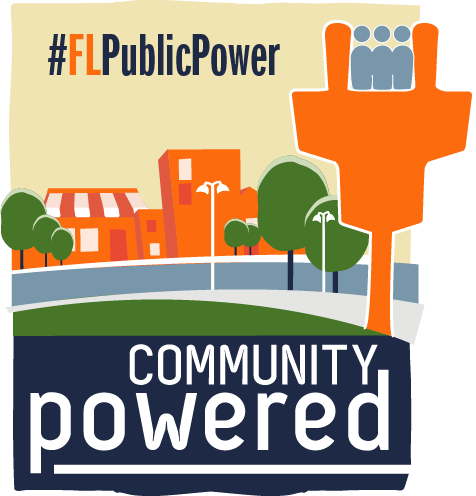FPL Bills to Increase Because of Fuel Costs
 With natural gas costing more than expected, Florida Power & Light customers will see increases in their monthly bills starting in May.
With natural gas costing more than expected, Florida Power & Light customers will see increases in their monthly bills starting in May.
The state Public Service Commission on Thursday approved a request by FPL to collect $302.5 million from customers to cover additional costs of fuel for power plants. Also Thursday, the commission approved a pilot program that will involve Tampa Electric Co. installing about 200 charging ports for electric vehicles.
Fuel costs make up a major part of customers’ monthly bills, and utilities are supposed to pass through those costs without profiting. Each fall, the commission approves estimated fuel costs. But utilities can return to the commission to seek increases in customer bills if fuel costs are substantially higher than projected.
FPL made a filing in February asking to collect the additional money, pointing to increases in “natural gas prices and a rise in the natural gas forward curve exacerbated by cold weather events.”
Under the plan approved by the commission, FPL customers who use 1,000 kilowatt hours of electricity a month will see their bills
increase from the current $99.05 a month to $103.02 in May. The additional charges will continue through December.
The utility industry uses 1,000 kilowatt-hour residential bills as a benchmark, but electricity consumption varies widely among customers.
Duke Energy Florida made a filing last week at the Public Service Commission that said its fuel costs surged early in the year but that natural gas prices subsequently went down. As a result, it said it would not seek an increase in the amount it collects from customers.
Duke pointed to a “short-term increase driven by increased demand during the winter months coupled with a short-term decrease in supply resulting from the winter storm that impacted Texas and the (Midwest) in February. In the aftermath of that unprecedented event, natural gas prices have decreased.”
The commission’s approval of the Tampa Electric vehicle-charging pilot program came as the state, utilities and other companies try to prepare for increased use of electric cars and trucks in the coming years.
Under the four-year program, Tampa Electric will install about 200 charging ports at places such as businesses, multi-family housing communities and government buildings. The commission approved the utility spending $2 million on costs such as installation and another $100,000 a year for operations.
“Electric vehicle use in Florida is on the rise, and approval of these additional charging stations will help Florida keep pace with this growing industry,” Commission member Andrew Fay said in a statement after the approval.
But commission Chairman Gary Clark dissented, expressing concerns about Tampa Electric customers who wouldn’t participate in the program being forced to pick up part of the cost.
“I just think that we really need to look at how, even in a pilot program, how we are spreading costs around,” Clark said.
Article reposted with permission from The News Service of Florida.
 Enter your email address in the
Enter your email address in the 